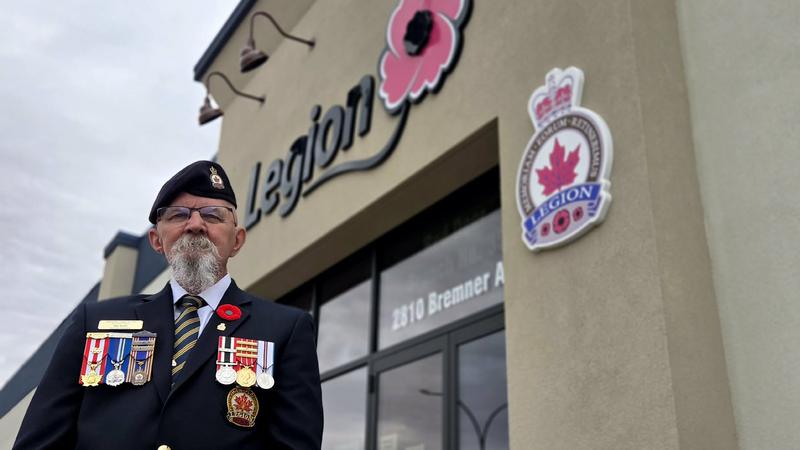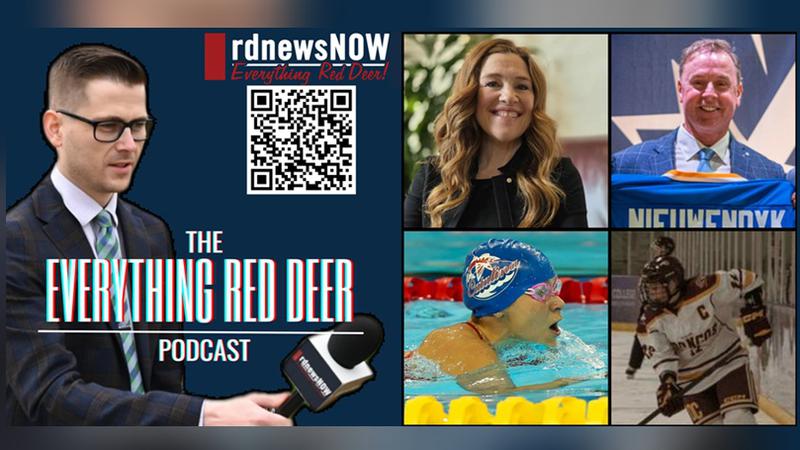
Tansi: International Gathering breathes new life into Indigenous languages
To speak a language is to have it be heard.
Like so many other Indigenous languages, Cree, or Nehiyawak, and the knowledge of it was stripped from so many.
Meaning ‘Hello, how are you?,’ “Tansi,” said John Sinclair, when approached at this weekend’s second annual Powwow Times International Gathering in Red Deer.
The event is put on by Powwow Times founders Patrick and Marrisa Mitsuing, and this year moved from Westerner Park’s Exhibition Hall into the Centrium. It runs through Sunday.


